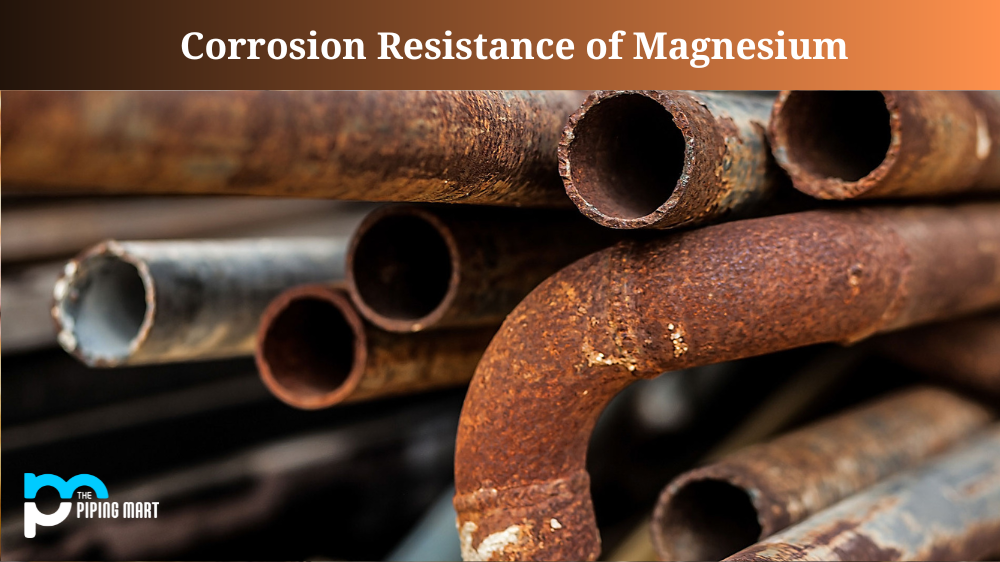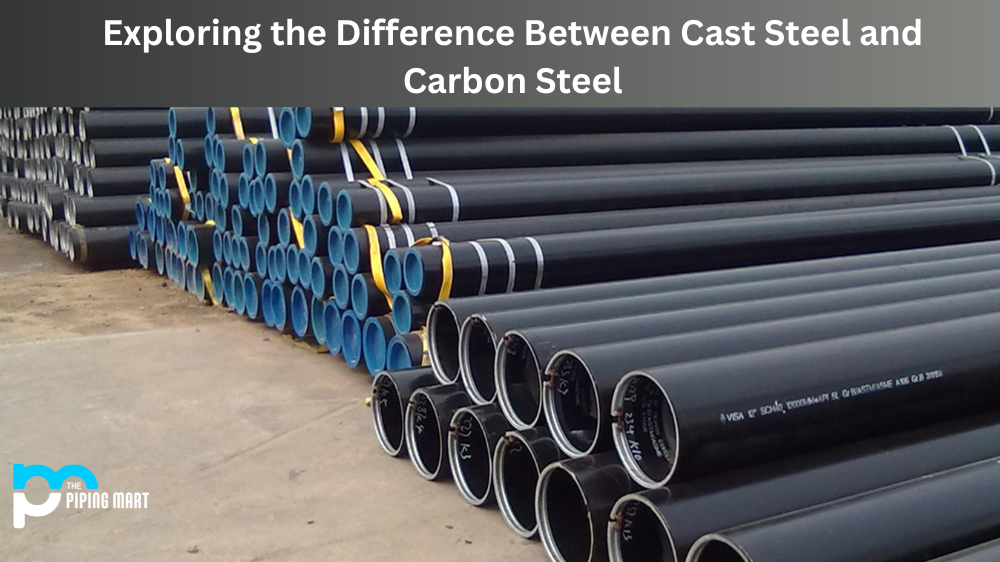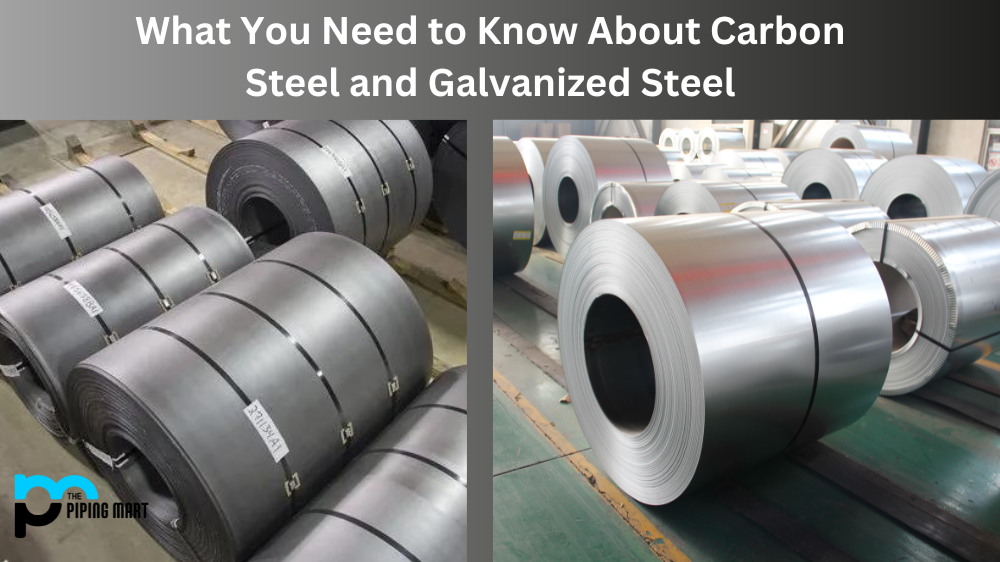Regarding corrosion resistance, few metals are as effective as magnesium. Magnesium is a lightweight metal that can resist corrosion in many different environments. It is also strong and durable, making it ideal for many applications. This blog post will discuss why magnesium is so effective at preventing corrosion and how you can use it in your projects.
5 Advantages of Magnesium for Corrosion Resistance
Magnesium is ideal for applications requiring superior corrosion resistance because its high reactivity helps form a protective layer on its surface. This layer protects against oxidation and rusting, reducing the risk of metal fatigue and other corrosion-related issues. Furthermore, magnesium’s low density means it has less mass than other metals, making it easier to transport and install in any environment. This makes it an ideal choice for industries where weight savings are essential such as aerospace and automotive manufacturing.
Another advantage of using magnesium for corrosion resistance is its ability to withstand extreme temperatures without losing its structural integrity. Its high melting point allows it to remain stable even when exposed to heat or cold over long periods. This makes it attractive for use in industrial facilities such as power plants or chemical processing facilities where temperature fluctuations may be common. Magnesium has excellent fatigue properties, making it suitable for parts subjected to frequent vibrations or shock loads.
Finally, magnesium alloys offer excellent machinability, which makes them easy to shape into complex components with tight tolerances. This makes them ideal for creating custom parts that meet specific requirements, such as those used in medical equipment or electronics manufacturing. Additionally, they can be easily painted or coated with various materials depending on the application’s needs, further enhancing their corrosion resistance capabilities.
Improved Strength
One of the primary benefits of magnesium for corrosion resistance is that it improves the strength of the metal. Magnesium is a much lighter metal than steel but is also much stronger. This makes it an ideal choice for use in applications where weight is a concern, such as in aircraft and automobiles.
Increased Ductility
Magnesium also has increased ductility, so it can quickly form into the desired shape without breaking. This is an essential property for metals used in applications subject to great stress, such as bridges or buildings.
Better Weldability
Another benefit of magnesium is that it welds better than other metals. This is because magnesium has a lower melting point than other metals, which makes it easier to fuse. This can be helpful in applications where welding will be required, such as in shipbuilding or construction.
Enhanced Corrosion Resistance
One of the most important benefits of magnesium is that it offers enhanced corrosion resistance. This means that it will not rust or corrode as quickly as other metals, making it ideal for use in environments with a lot of moisture or salt air.
Lower Cost
Magnesium is also typically lower in cost than other metals, making it a more affordable option for many applications.
Conclusion:
In conclusion, magnesium offers numerous advantages compared with other metals regarding corrosion resistance. It is lightweight yet robust enough to withstand extreme temperatures without losing its structural integrity; plus, its excellent machinability means parts made from magnesium alloys can be easily customized. All these features combined make magnesium an excellent choice for any application requiring superior corrosion resistance performance over time and in any environmental conditions—making it one of the best metals you could choose for any project!
Meet Heer, a dynamic and driven writer learning tricks of her trade in the metal industry. With a background in Digital Marketing, Heer brings a unique perspective to her writing, sharing valuable insights. Apart from blogging she like reading and hiking.




